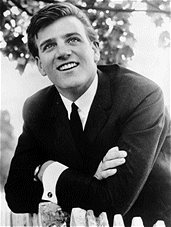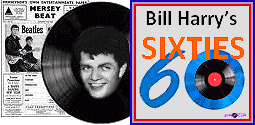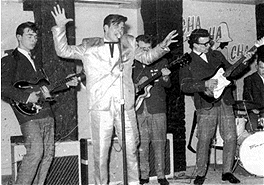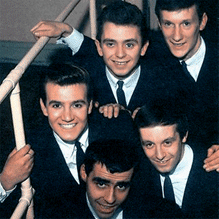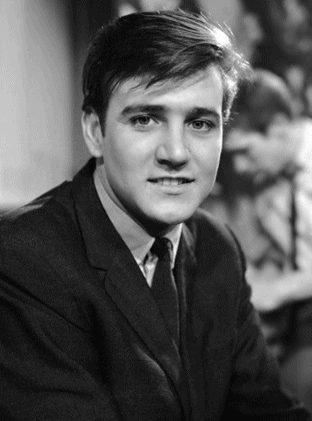When
Ted Knibbs originally approached Epstein, it was to manage Billy Kramer
& The Coasters, but The Coasters refused to turn professional. Brian
had to find another backing group for Billy. Liverpool’s leading instrumental
group, The Remo Four, turned him down, so he made an offer to the Manchester
band The Dakotas, who were backing singer Pete MacLaine at the time.
They initially refused, but finally agreed when Epstein arranged for
them to make records in their own right. Considering that Billy only
teamed up with The Dakotas in 1963, their American press release in
1964 read: 'Billy and The Dakotas chose their name when they were called
to audition in England four years ago. They were told to return dressed
as Indians. Unable to afford the $100 apiece for buckskins, the group
skipped the audition but kept the name.'
Billy topped the British charts with his first release, the Lennon &
McCartney number 'Do You Want To Know A Secret?' His other Lennon &
McCartney hits included 'Bad To Me', 'I'll Keep You Satisfied' and 'From
A Window.' It was Kramer himself who found the number 'Little Children'
and had to talk Brian Epstein into letting him record it. The song became
his biggest hit. Epstein seemed to have lost interest in Billy's career
by this time, so the singer approached Paul McCartney to ask him if
he could provide him with a song.
Paul offered him 'Yesterday', but Billy didn't consider it suitable.
One Lennon & McCartney number which Billy recorded has never been released.
It's called 'One And One Is Two.' It was mainly written by Paul. Paul
and John worked together on the number in their suite at the George
V Hotel in Paris after a show at the Olympia Theatre.
They had to send a tape off the next day to Dick James for Billy J.
to record. Paul sat at the piano while John sat at a table playing guitar.
They had a microphone leading from the tape recorder strapped to a floor
lamp. As they were singing 'One and one is two...' George Harrison popped
his head round the door and suggested, 'Can't you take one of the 'one
and one is two's' out?" At another time he interjected, "Can't you do
something with 'do' or 'Jew'?" John said, "I'm a lonely Jew. How's that?"
The song was duly sent to James and recorded by Billy, but John wasn't
happy with the number and is said to have advised Billy, "Release that
and your career is over." So it was never released, although a version
by The Strangers with Mike Shannon was released in 1964 and flopped.
|
|
